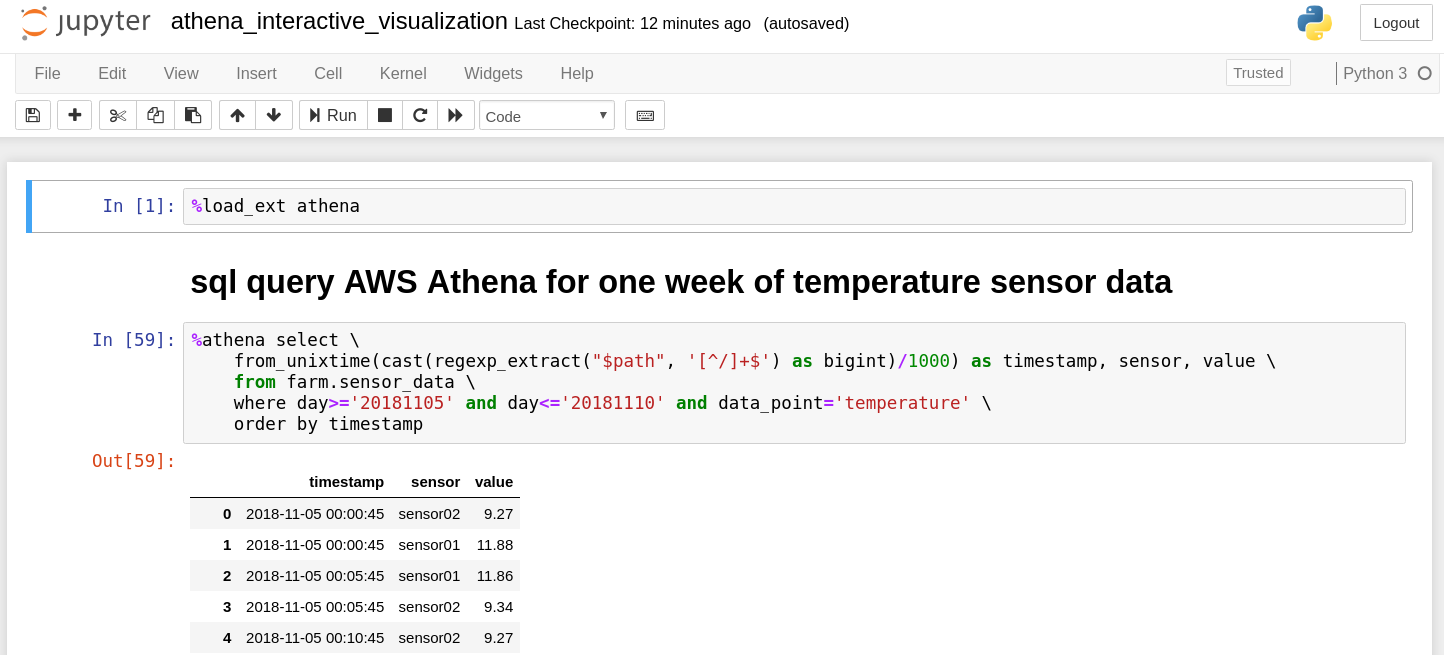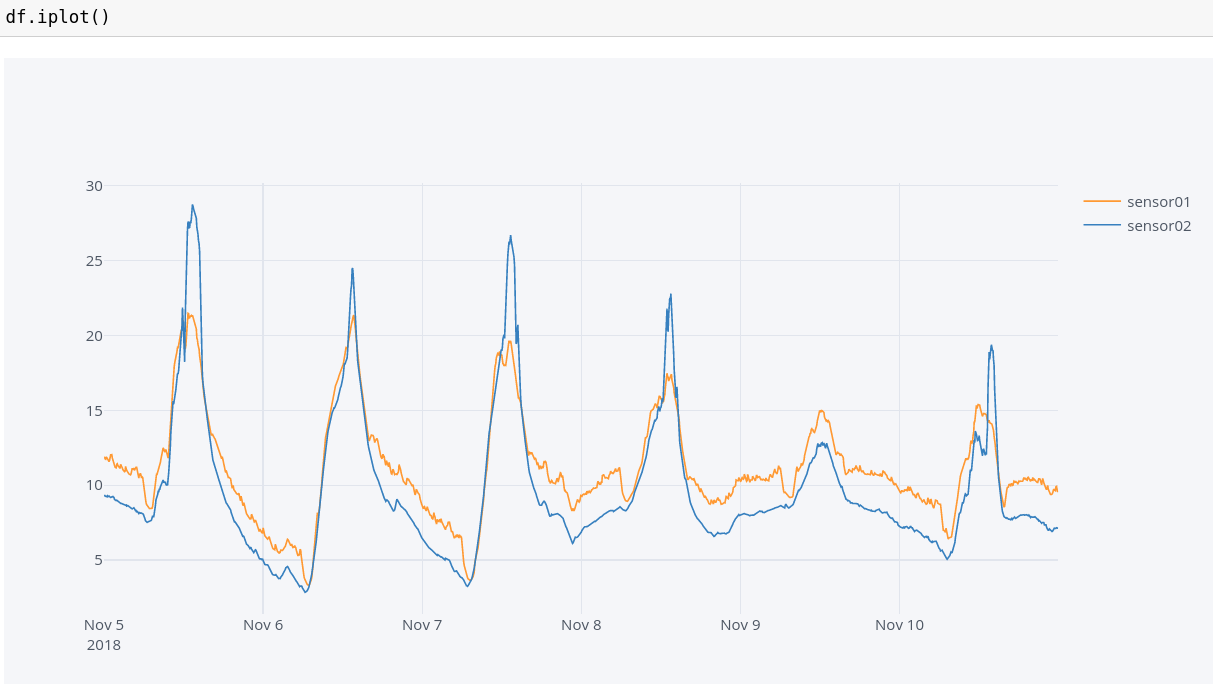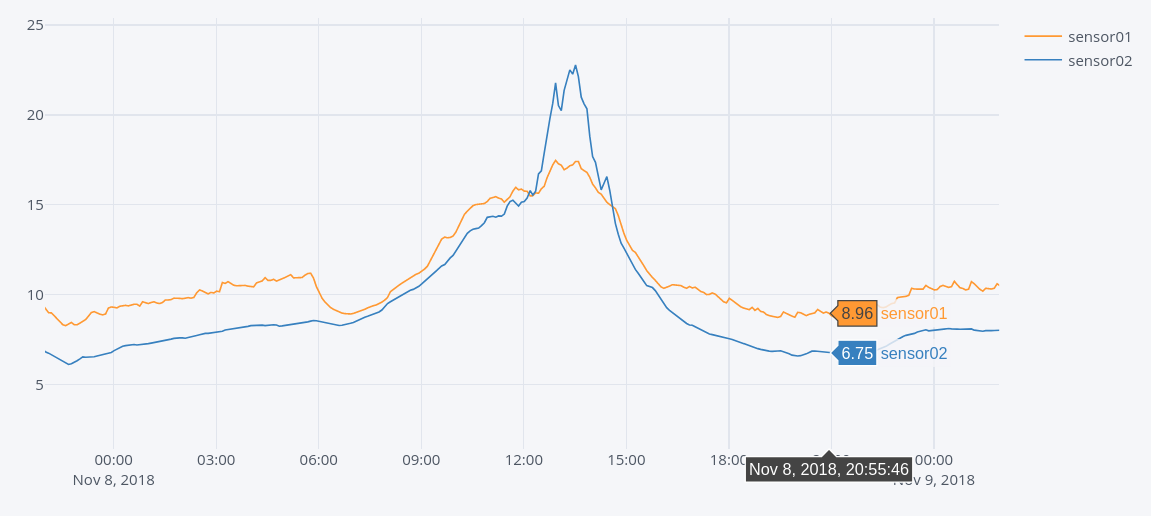Jupyter is a powerful tool that should be part of almost anyone’s toolbox. At first it might seem like Jupyter is a tool that is focused on Data Science and Machine Learning, but actual it is way more than that. Jupyter can be a teaching tool, a presentation tool, a documentation tool, a collaborative tool, and much more. With tools like Jupyter Lab that are easily extensible, there is almost nothing that you couldn’t do directly in it. One example I am particularily fond of is given by this great talk on flipped learning experiences with Jupyter at the Jupyter Notebook conference that took place in New York a few weeks ago.
There are many different ways to host your Jupyter notebooks. I like to run them on my laptop but you can easily host them yourself. But why bother? Just use Google Colaboratory!
I am working on an IoT solution based on ESP-32 that collects sensor measurements and stores the data on Amazon S3. Today I show you how I use Jupyter to analyse that data.
First of all I need to run a SQL query against AWS Athena to get the data I want:

In case you get an error during notebook execution like “An error occurred (ExpiredToken) when calling the GetCallerIdentity operation: The security token included in the request is expired”, one way to fix that is to renew the token usings AWS-MFA:
$ aws-mfa --duration 1800When I started out it was not at all obvious to me how to structure the data, partion the table etc. I asked for help on SO.
Now I visualize that data (you see the temperature fluctuations duing the day):

The orange temperature curve is inside the chicken stable, blue curve plots outside temperature (in celsius).
I like to check if the stable protects my chickens enough during the night. Once we drill into the plot it is clear that the inside temperature is at least 2 °C higher during the night. Chickens are pretty hardy birds at least old breeds like mine but they do not like draft.

I hope this demonstrates some of the possibilities Jupyter brings to you. You could literally run your entire business through Jupyter and I think you should!
Why am I doing this? I want to keep my chickens happy during winter…

I hope this post is helpful to you.
All the best, Mark